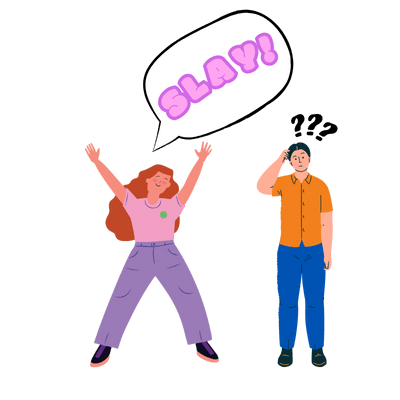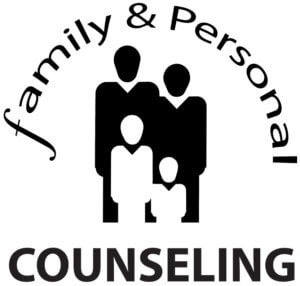
Understanding Slang: The Evolution of Mental Health Dialogue
As dialogue around mental health evolves, so does the language we use to describe our experiences. Terms like “grippy sock vacation” and “menty-b” have woven their way into everyday vernacular, particularly among younger generations. These phrases, while often light-hearted, serve a deeper purpose in destigmatizing mental health discussions.
Decoding Slang: Grippy Sock Vacation and Menty-B
The term “grippy sock vacation” refers to a stay in a psychiatric hospital, where patients are often given non-slip socks. This type of slang can be a coping mechanism, allowing individuals to discuss their mental health in a less formal or daunting way. Similarly, “menty-b,” short for mental breakdown, is used to describe both serious and minor emotional upheavals. While these phrases can make heavy topics more accessible, it’s crucial to approach them with sensitivity.
Understanding the Intent Behind Words
While slang can make difficult topics more approachable, it’s essential to recognize the fine line between making light of serious issues and providing a comfortable space for discussion. It’s crucial for therapists and mental health professionals to understand the context and intent behind these slang terms when used by their younger clients. Recognizing that these terms are part of a larger attempt to destigmatize and openly discuss mental health is important. However, professionals should also guide conversations to ensure that the real weight of these conditions is not lost in translation.
Bridging Generational Gaps
As times change, so do perceptions of what is appropriate to discuss openly. Older generations can play a pivotal role by meeting younger people where they are. This will help to recognize the evolving dynamics of mental health discourse. Encouraging open, judgment-free discussions about mental health can help younger generations feel understood and supported. Eventually, this will help to foster a healthier, more inclusive society. It’s also important to discuss the potential for harm when using these terms however, as the casual usage can diminish the perceived severity of mental health crises to outsiders or those not ‘in the know’.
Let’s Talk!
Encouraging open dialogue about mental health is essential, and so is maintaining the gravity of serious medical conditions. Both older and younger generations can work together to foster an environment where mental health is discussed with both openness and the seriousness it deserves.


